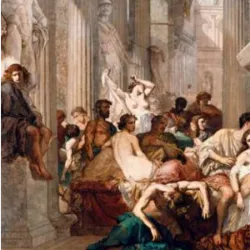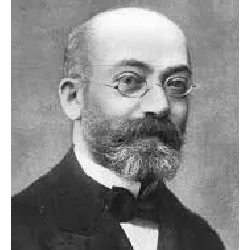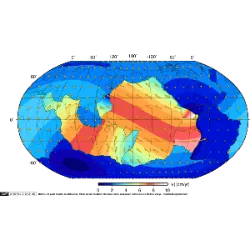Dante's Journey into the Human Soul

"The Divine Comedy", Dante Alighieri's masterpiece, written between 1308 and 1320, is one of the greatest monuments of world literature. The epic poem, divided into three parts – Hell, Purgatory and Paradise – narrates the author's own journey through these realms, guided by the Roman poet Virgil and, later, by Beatrice, his great love. The work is an allegory of the human soul, symbolizing the search for salvation and the fight against sin.
Dante, who lived in a time of intense political and religious transformations, uses his work to criticize the corruption of the Church and medieval society. Each circle of Hell, each stage of Purgatory and each sphere of Paradise represent not only the spiritual destiny of souls, but also the consequences of human beings' moral choices.
The work is rich in symbolism and philosophy, reflecting on good and evil, human destiny and the relationship between divine justice and human freedom. With his vibrant and detailed style, Dante introduced a new worldview, transforming Western literature and culture. The Divine Comedy remains essential reading, influencing countless authors and thinkers down the centuries.
Did you know?













